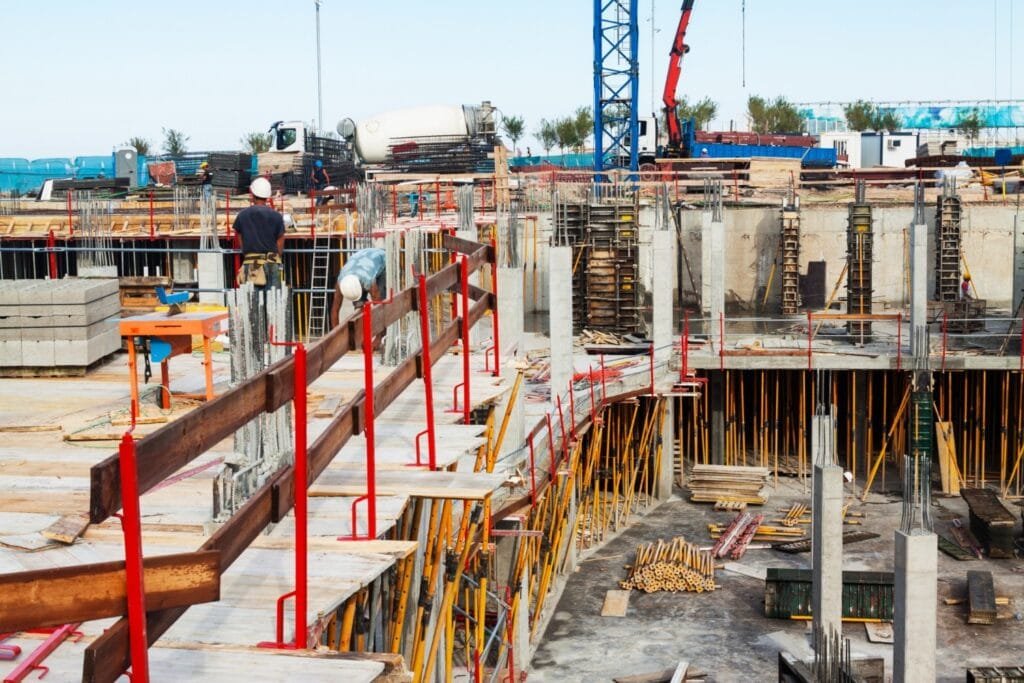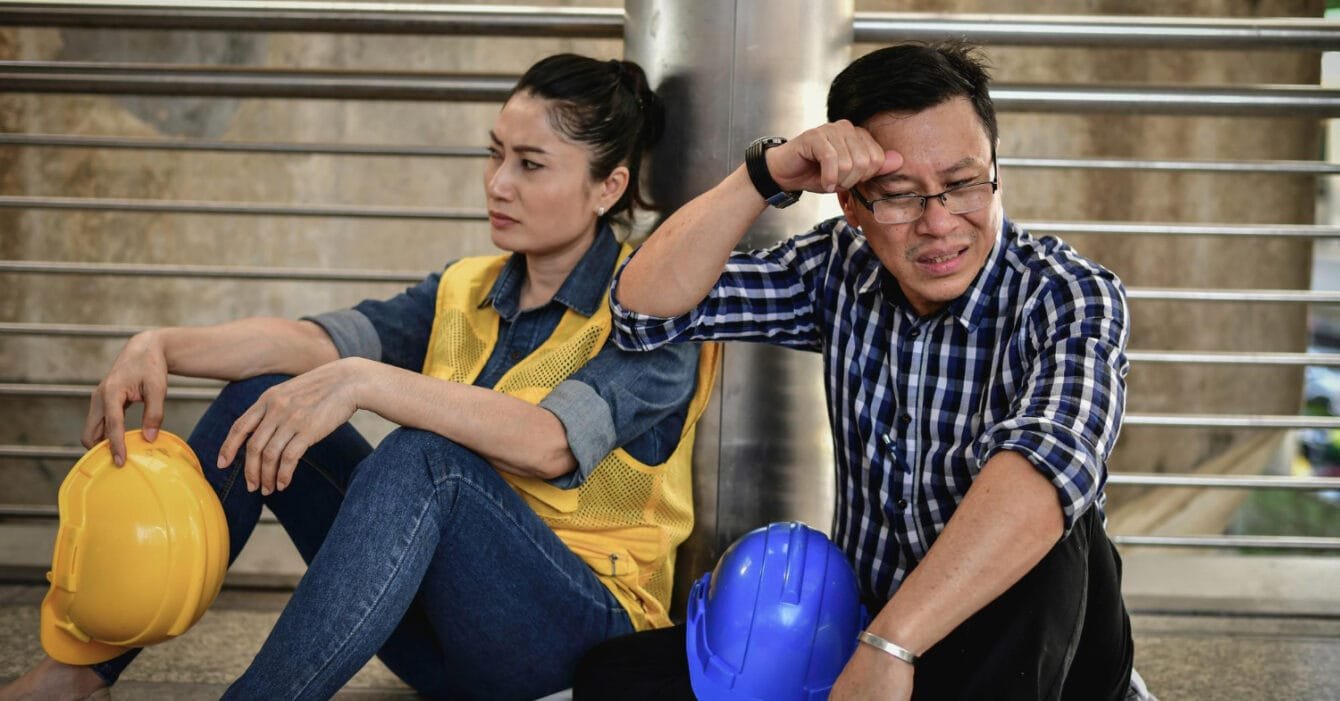In Thailand, construction delays have become a costly issue, impacting both public and private projects across the country. Recent data from a state audit shows that inefficient contract management contributed to financial losses exceeding 30 billion baht during the 2023 fiscal year. These Construction Project Delays in Thailand not only drain financial resources but also slow the progress of essential infrastructure. Examining the primary causes and understanding potential solutions can help project stakeholders manage delays more effectively. Let’s take a look!
Major Causes of Construction Project Delays in Thailand

Several factors contribute to construction project delays in Thailand. Among the most common are contractor-related financial issues, regulatory hold-ups, and incomplete planning:
Financial Instability and Labor Shortages
Contractor financial problems top the list of delay factors. With a Relative Importance Index (RII) score of 0.777, these financial concerns are shown to be a leading cause of schedule setbacks. Often, it’s also resulting from cash flow issues.
Labor shortages, especially during peak construction periods, further exacerbate the Construction Project Delays in Thailand. An RII score of 0.773 reflects the significant impact of workforce availability on project timelines, underlining the importance of strategic workforce planning.
Incomplete Drawings and Project Planning
In Bangkok, a survey revealed that incomplete architectural and engineering drawings caused delays in 75% of high-rise projects. Without fully developed plans, construction teams face increased risk of miscommunication and errors, leading to inevitable delays.
Regulatory Challenges and Bureaucratic Hurdles
Obtaining permits from government authorities often delays project initiation. Many developers face bureaucratic inefficiencies, creating a bottleneck for project timelines. As regulatory hurdles persist, they remain a significant source of frustration and delay for contractors and stakeholders alike.
Supply Chain Disruptions and Material Shortages
Global and local supply chain issues have increasingly impacted Construction Project Delays in Thailand. Material shortages and delays in supply deliveries often push project deadlines back, causing inefficiencies on construction sites. Contractors frequently struggle to source essential supplies on time, underscoring the need for reliable supply chain management to keep projects moving forward.
Strategies to Mitigate Construction Project Delays in Thailand
Addressing the underlying causes of Construction Project Delays in Thailand requires both short- and long-term strategies. These strategies should focus on improving financial management, enhancing planning processes, and ensuring regulatory compliance.
Enhancing Contractor Financial Stability
Improving cash flow and financial management within contractor firms can be a powerful way to minimize Construction Project Delays in Thailand. Studies show that better financial stability among contractors can significantly reduce the risk of project halts.
Improving Initial Project Planning
Accurate and complete architectural drawings are essential to prevent delays. By investing time in thorough planning, developers and contractors can reduce the likelihood of unexpected complications during construction. Improved planning also allows for better budgeting and resource allocation, which supports the timely completion of projects.
Training and Workforce Management
Regular training programs for project managers and site supervisors can improve overall project efficiency. Well-trained managers are better able to handle unexpected delays and coordinate tasks effectively, making the construction process smoother. Additionally, workforce planning, particularly during peak construction seasons, can ensure the availability of skilled labor when needed most.
Addressing Supply Chain Dependencies
Managing supply chain risks is essential to prevent material shortages. Developing relationships with reliable suppliers and securing long-term contracts can help contractors ensure a steady flow of materials. Furthermore, implementing advanced tracking systems to monitor inventory can alert contractors to potential shortages before they impact timelines.
Streamlining Regulatory Approvals
Collaboration with regulatory bodies to streamline the permit application process can save valuable time. For instance, digitizing application processes and increasing transparency around approval timelines can reduce Construction Project Delays in Thailand. Especially if it comes from stemming from bureaucratic inefficiencies. Engaging government support to prioritize critical infrastructure projects may further improve approval speeds.
The Financial Stakes of Construction Project Delays in Thailand
The financial implications of Construction Project Delays in Thailand are staggering. As shown in the recent state audit, inefficient contract management led to a loss exceeding 30 billion baht. This underscores how costly delays can be for both the construction sector and the economy. By adopting proactive management practices and addressing the common causes of delays, project stakeholders can help mitigate financial losses.
Construction project delays in Thailand are a multifaceted issue, deeply impacted by contractor financial issues, regulatory bottlenecks, and supply chain challenges. However, with targeted strategies, these delays can be managed and reduced. Emphasizing streamlined management practices and leveraging training and planning can help Thailand’s construction sector operate more efficiently and avoid the high costs of preventable project delays.

